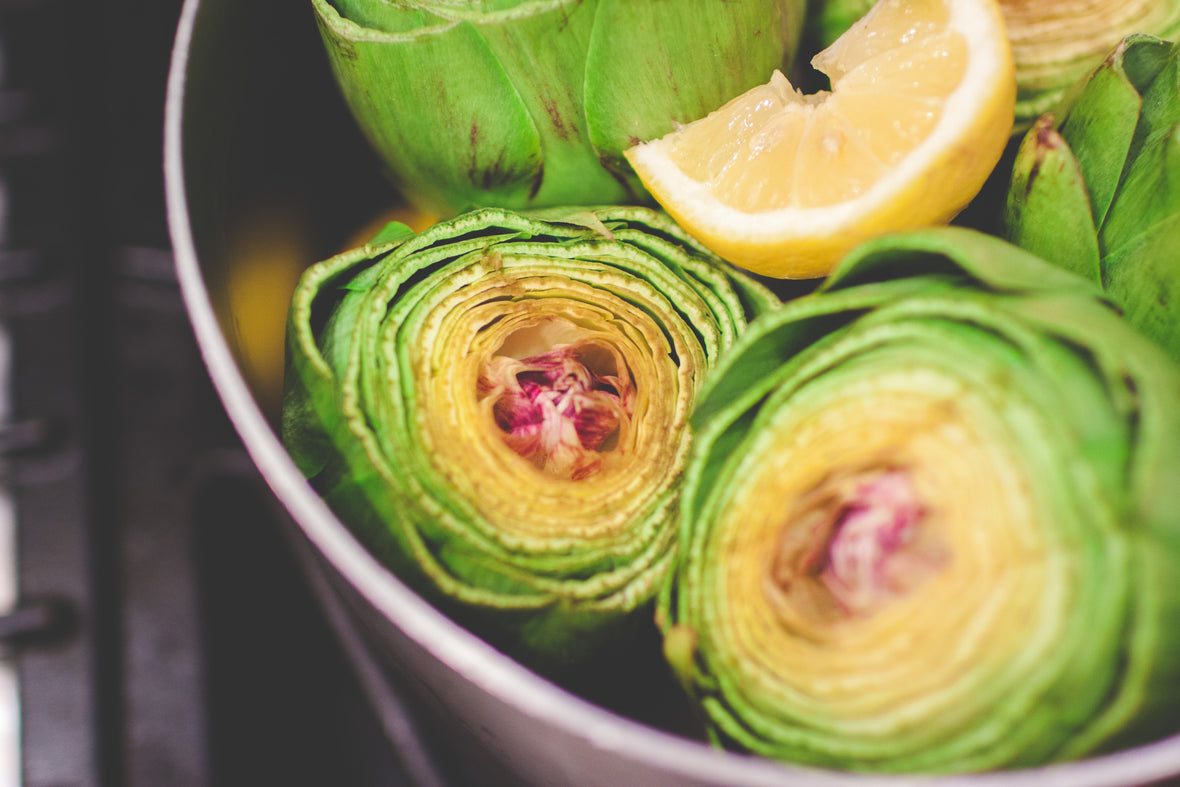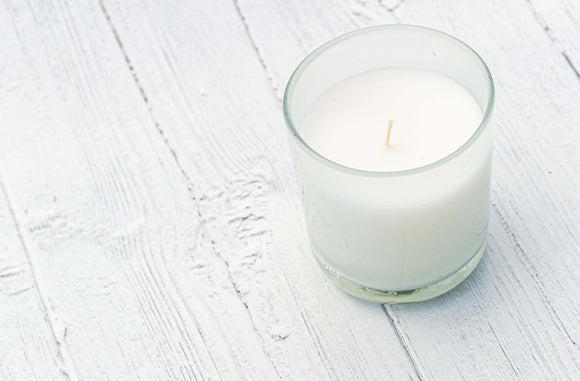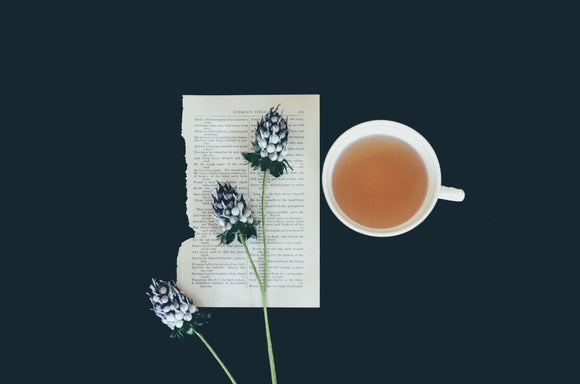
Finding the best cleanse
Shelagh McNally
If done correctly, a detox cleanse can lead to many health benefits. On the other hand, the wrong one can send your body spiraling into chaos.
The first import tip is to avoid any extreme cleanses -- especially those calling for a drastic reduction in calorie intake for weight loss purposes. That kind of cleanse actually triggers a starvation reaction that pushes your body to store more fat. So if you plan on ever eating normally again, don't head down that path.
A proper cleanse is perfect for breaking some bad dietary habits, reset taste buds and reboot your metabolism. Cleansing also helps to eliminating a large percentage of digestive issues such as bloating, flatulence, heartburn and bad breath.

But what does cleansing or detoxing really mean? A detox programs result in eliminating toxins from our bodies. Toxins from sugars, alcohol, antibiotics and even hormones accumulate very easily and are hard to eliminate. The liver, kidneys and intestines are the key organs in filtering toxins out of your body, a proper cleanse gives them a boost. By cleansing, your organs's natural elimination method is enhanced.
The best type of cleanse is a natural one! It’s crucial to have ingredients that are pure, fresh and authentic with no additives, preservatives, sugar or alcohol. Why ingest toxins when you are trying to eliminate them?
Some key herbs are know cleansing stimulants and are worth considering:
Dandelion has been given a bad rep as a weed but it’s actually full of healing nutrients that make it one of the most effective liver detoxifiers out there. Inulin is a key ingredient that lets dandelion relieve digestive discomforts, muscle aches, upset stomach and intestinal gas. The greens are full of vitamins and minerals but it’s the tea that's a most effective cleanser supporting the liver and flushing toxins out.
Artichokes, a relative of the milk thistle, is also a powerful cleanser. It helps with bile flow and stimulates the liver. High in fibre, it’s also loaded with antioxidants and phytonutrients including the powerful duo of cynarin and silymarin that helps prevent bad cholesterol while purifying the blood.
Boldo is an evergreen shrub from South America used for centuries in natural remedies. High in phytochemicals including boldine, camphor, limonene, beta-pinene and coumarin, Boldo stimulates the flow of bile to help improve digestion and bowel health relieving flatulence and constipation.
Radish is another overlooked vegetable that is an important part of any cleanse. It helps to increase the flow of bile so also cleanses the liver and gall bladder. Radish is high in the enzyme diastase which aids in digesting starches thereby improving digestion while preventing constipation.
Milk Thistle is the grandmother cleansing herb, used around the world for centuries as a natural treatment for liver ailments and disorders of the bile duct and spleen. It contains the bioflavonoid complex silymarin that blocks harmful toxins getting into liver cells while also removing existing toxins. Milk thistle is one of the gentler remedies that a wide range of people respond to very well.
Turmeric is a potent spice that has been used for thousands of years in India, proven to improve circulation, promote digestion, and relieve pain. It's key ingredient curcumin stimulates the gallbladder to make it release bile and improve liver function. Tumeric also helps rejuvenate liver cells and blocks toxins.
Look for a cleanser with at least three of these powerful herbs. If you have any health challenges or problems, be sure to consult your health care professional before starting your cleanse.
References
- https://www.ncbi.nlm.nih.gov/pubmed/26310198
- https://www.ncbi.nlm.nih.gov/pubmed/19145575
- https://www.ncbi.nlm.nih.gov/pmc/articles/PMC3834419/
- https://www.ncbi.nlm.nih.gov/books/NBK11896/
- https://www.ncbi.nlm.nih.gov/pmc/articles/PMC3535097/
Related Products
- Fluxobile by Nutripur
- Biofirm by New Nordic
- Organic Lemon everyday detox tea by Tradional Medicinals



